The importance of proteins for the body is so great that they are called the building blocks of the body. Taking up 17 percent of body weight, protein predominates as a component of muscles, skin, nails, hair and eyes and major internal organs such as the heart and brain.
It is also a source of energy for the body and plays an essential role in the production of infection-fighting antibodies that regulate blood sugar and fat burning. Protein is the element in nutrition that is particularly closely monitored by fitness freaks, as it plays a major role in building muscle.
Main sources of protein are meat, dairy, fish and eggs. Meat is the most popular and preferred source of protein. Nowadays, however, many people prefer to skip this protein supply and look for alternative sources, mainly of plant origin.
There are certain foods that contain high doses of protein and can be included in vegetarian diets as alternatives to meat. In the following article, see how to get protein without consuming meat:
Yogurt
Yogurt, in which the whey has been strained, is an important source of protein. One teacup of it contains 15 to 20 grams of protein, which is 9 grams more than regular milk. It also contains some other healthy nutrients such as calcium, potassium, vitamins and minerals. This makes it a nutritious and tasty pre-workout snack.
Fresh fruit, nuts and honey are ideal additions to it to make fruity yogurt as an excellent dessert. It can participate in spicy dishes as an ingredient, in cocktails and vegetable delights.

The probiotics in it have a role in maintaining a healthy digestive system, helping with weight regulation, lowering blood pressure and clearing bad cholesterol.
Lentils
Lentils are among the best plant sources of protein. One cup of them contains 18 grams of protein. They do not contain all the essential amino acids, but the wealth of fiber, iron, potassium, phosphorus, folate, zinc, niacin compensate for this lack.
Edamame
Immature soybeans, picked before they are fully ripe and before they harden, are also rich in protein. One cup of edamame contains 17 grams of protein.
This green bean is also valuable with fiber, iron, calcium, copper, potassium, magnesium and vitamins C and K, along with polyunsaturated fats, especially omega-3, alpha linolenic acid. The absence of gluten and low calorie content make edamame a valuable source of protein.
By adding green beans, tofu, chia seeds, quinoa, soy milk, peas, peanut butter will make for a delicious and complete protein food base without having to include meat in the them.
See also some ideas for:
- protein bars;
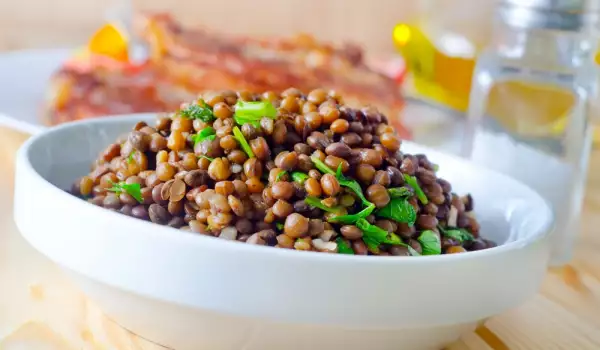
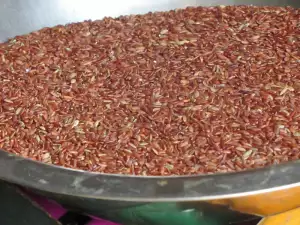
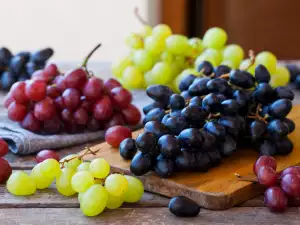
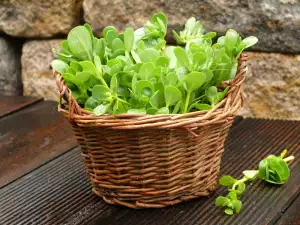
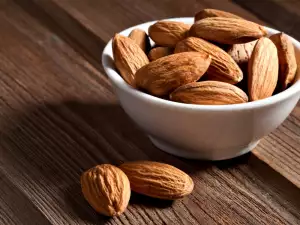
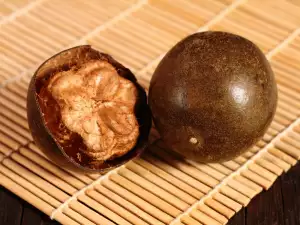

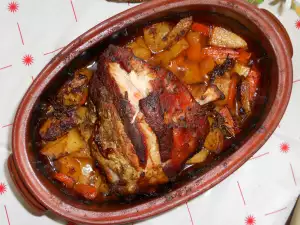
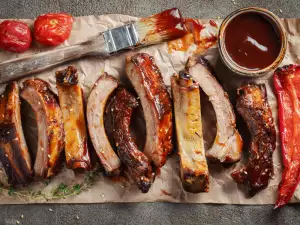




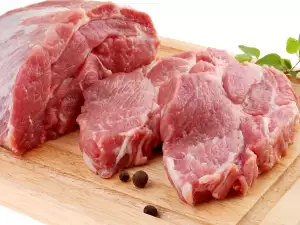

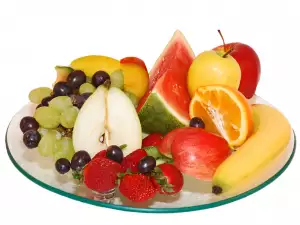




Comments